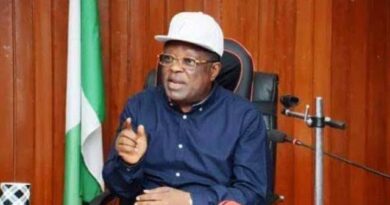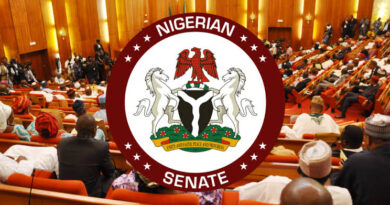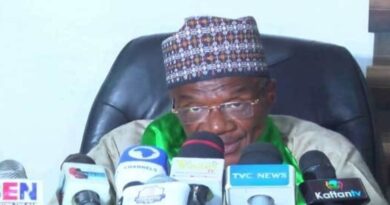Election Tribunal: Tinubu, Obi Ends Defence
President Bola Tinubu and the All Progressives Congress have ended their defence in the petition filed by the Labour Party (LP) and its presidential candidate, Mr Peter Obi over the February 25th Presidential election.
Tinubu, the APC and Nigeria’s electoral commission, INEC, are respondents in the suit. Obi who came third in the poll had filed a case to the court to to annul Mr. Tinubu’s victory due to electoral fraud and violations of the law during the election’s administration.
The case which came to an end on Wednesday in Abuja after presenting one witness who testified before the Presidential Election case Court, PEPC, which is seated, Tinubu, through his team of attorneys led by Chief Wole Olanipekun, SAN, concluded his response to the case.
Attorneys for President Tinubu and the APC told the court that they did not need to invite another witness because Senator Opeyemi Bamidele had already established their case.
Bamidele who is a practicing attorney in the United States of America and is currently the majority leader of the Senate, testified in court that Senator Bola Tinubu has never been charged with a crime or found guilty there.
In his witness testimony, the Senator informed the court that there was a gap of 10,000, 929 votes in the votes registered for Senator Bola Tinubu in Kano state.
He also said many international bodies that sent observers to the country, including the Economic Community of West African States, ECOWAS, filed a report after the election and was signed by Ernest Koroma, a former President of the Republic of Sierra Leone.
Meanwhile, the Presidential Election Petition Court (PEPC) had admitted the Chicago State University records of President Bola Tinubu who formally opened his defence in a petition filed against his electoral victory by the Labour Party (LP) and its presidential candidate, Peter Obi.
In support of Tinubu’s attendance and graduation from the American University, the defence presented educational records at the petition hearing, including, among other things, an American visa valid from 2011 to 2021 and an admission letter provided to the president of the institution.
After hearing their defences, the panel relied on Paragraph 46 of the First Schedule to the Electoral Act and ordered the Respondents to submit their final brief of argument within 10 days, while giving the Petitioners seven days to do the same.
It was decided that the Respondents must submit their reply within five days of receiving the Petitioners’ procedure.
According to the court, all parties will be informed of the day on which all procedures would be adopted to reach a final decision on the matter.




